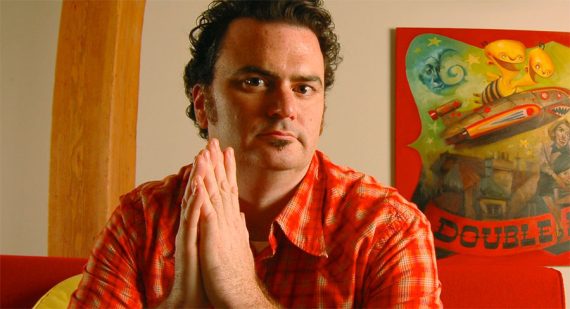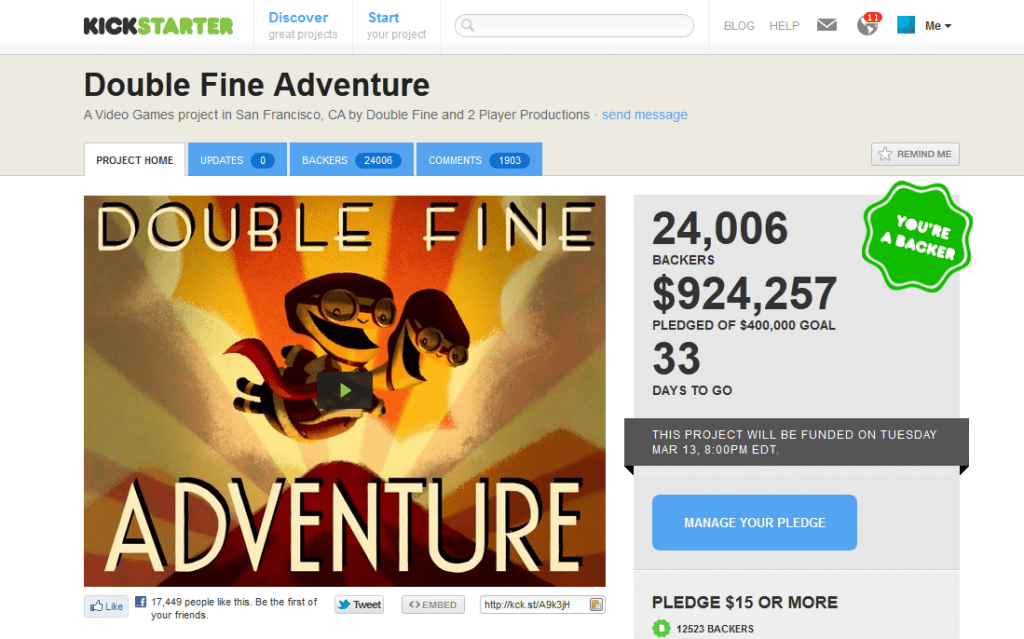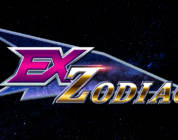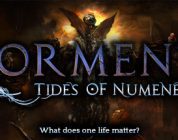Double Fine studios, the brainchild of industry alum Tim Schafer, announced a new Kickstarter project this week. The goal is to raise $400,000 towards a new, downloadable adventure game. This six –to-eight month project will return Schafer to his adventure game roots, and feature a documentary chronicling the process from beginning to end. At this moment, the project has far exceeded its initial asking, reaching over $868,580 in under 24 hours. Backers of $15 or more are offered different rewards, starting with copy of the game and access to the video series, beta and private discussion board. The highest tier, $10,000, featured lunch with Tim Schafer and Ron Gilbert, a tour of Double Fine and all the previous reward tiers. Sadly, that reward has already been sold out.
What Double Fine is setting out to do, using crowd sourcing to develop games, might have a much wider impact than they intended. Looking as the pledge list, not only have they exceeded their goals by almost half a million dollars, but they have seven backers for $5,000, and 40 backers for the $1,000 tier. The single donation of $10,000 was met almost immediately, and there are still 33 days left for pledges. In total, 22,218 people have helped fund a game that hasn’t even been named yet. Obviously, the pedigree of Double Fine inspires confidence, but with the onset of digital distribution, crowd sourcing may be a new, and far more effective, means of game development.
This step away from traditional, publisher backed development speaks volumes about the industries potential shedding of publishers. The recent fervor around publisher THQ’s removal from NASDAQ, the savage layoffs and the often repeated rumor that their games will be cancelled after 2014 illustrated how dangerous the industry is for publishers. As Schafer himself said on their Kickstarter page, “even something as ‘simple’ as an Xbox LIVE Arcade can cost upwards of two of three million dollars. . . disc-based games, it can be over ten times that amount.”
That figure doesn’t include the marketing of a game or the physical productions cost. Without saturating the walls of Gamestop and plastering banner ads on websites, there is no chance for a game to get picked up on by the average consumer. Even games with a gigantic marketing push can end up with tepid sales. THQ’s Homefront is a perfect example. New IP’s are an enormous risk, and the poor sales of Homefront are a big part of why THQ is in danger of shuttering.
Video game analyst Michael Pachter spoke at DICE this week and talked at length about the coming demise of publishers. He highlighted how “risk adverse” they are now with the high cost of development. “Now, I think that if publishers look at a game, and it’s not going to sell 3 million units, they don’t even try to release the game.” He sees mid-tier publishers, like THQ, being squeezed out of the market without having a huge, commercially successful franchise that they can count on every year. Companies like Activision and Electronic Arts make nearly all of their money of annual titles like Call of Duty and Madden. That allows them to take occasional risks, and helps mitigate the damage of poor sales.
Without publishers to step in and fund big projects, it makes creativity and exploration difficult. Thankfully, the increased popularity in mobile and social games, as well as venues like Steam, PSN and XBLA, give smaller projects a chance. Development kits for those platforms are relatively easy to come by, and affordable. A small team, or even an individual, can step up and make the game they want and have it released on a platform like iPhone with little personal risk. Promotion and marketing is taken up by the developer, and we are seeing incredible success from simply using Twitter, Facebook and Tumblr to promote games. Smaller price tags also give customers a more adventurous spirit, and free versions with ads can also help spread the word. Angry Birds has taken the world by storm, with millions of downloads and billions in revenue, and it began as a simple iPhone game costing about 100,000. Minecraft creator Notch is a self made millionaire through his hard work and creativity in the marketplace. Seeing these success stories make it much less appealing to be beholden to a publisher.
Has anyone not downloaded this yet?
Another wall that Double Fine is breaking down is the communication between developer and player. Back in the 90’s, fans had no voice outside of the letters section of Nintendo Power. Developers had no feedback outside of the sales figures. With more and more developers opening themselves up over Twitter, there is now a direct line to fans, and they are certainly not shy about speaking their minds. Now, instead of simply listening to the managing edicts from publishers, devs have to hear immediate fan reaction, and can gauge the success of their product early, and make changes if they hear a new idea. It also lets them face the full fury of angry fans with no barrier. With the set up of a private message board for just those that have donated, Double Fine backers will have a unique voice in shaping the game. Whether this will be a help or hindrance should be quickly apparent.
As the industry shifts towards a digital future, it makes sense that more developers, big and small, find ways to use avenues like Kickstarter to fund projects. By donating, gamers are essentially purchasing the game early, immediately showing the size of the community and dictating the scope and infrastructure needed to cater to that community. Designers that have a radical new idea but can’t get EA to foot the bill can turn to fans for funding, making the players as much a part of the creation as the developers. As more publishers drop, and those companies that remain are less and less willing to take risks, developers will be forced to use new methods to fund and promote games to keep the medium going, and prevent even more stagnation.
Double Fine is setting an interesting precedent. While two guys in their dorm room certainly won’t command nearly a million in donations within 24 hours, setting a smaller goal and networking to get the word out is possible, and has been done successfully. And if a project becomes a success, getting funding from a publisher for follow up games will become even easier. There may be fewer games featuring multi-million dollar budgets showing up down the line, but this new form of funding could lead to even more creativity and revitalize the industry. Sometime this year, we should see the fruits of Double Fine’s labor, and we can have a better idea of how well a fan/developer alliance can work. Until then, we can look forward to the next Madden and Call of Duty.







